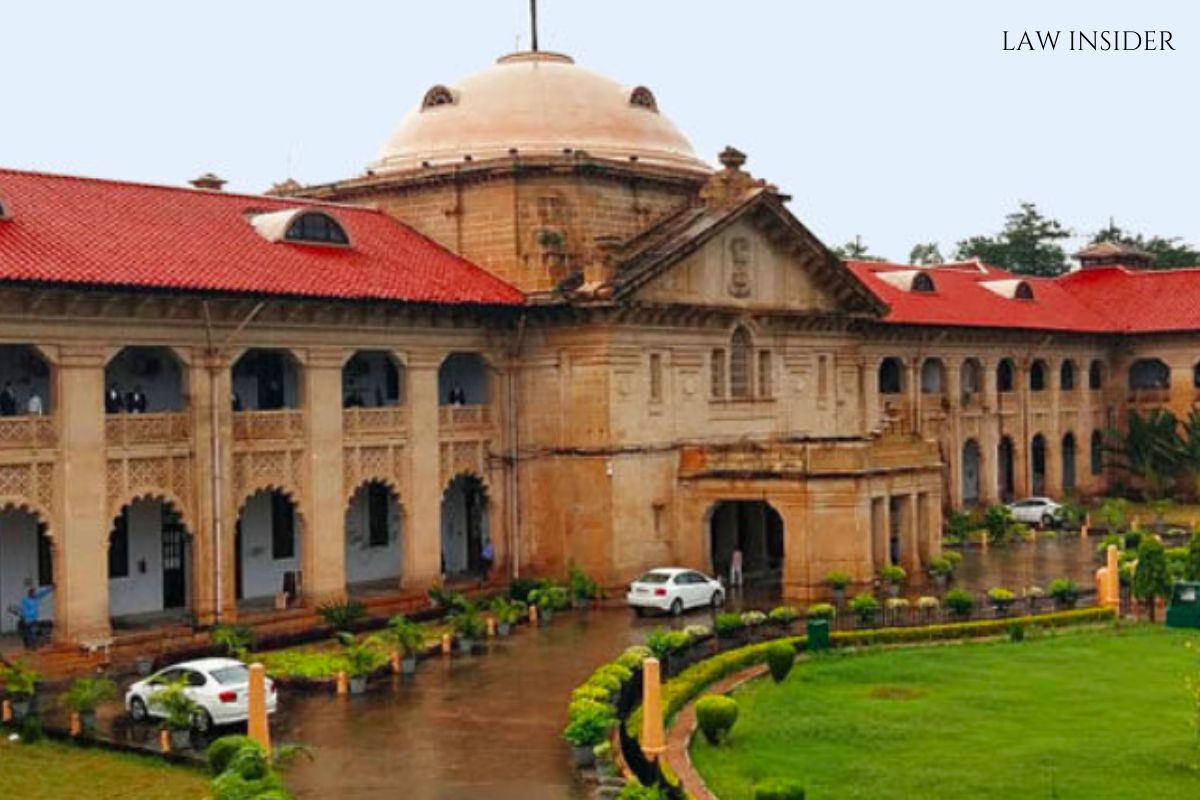LI Network
Published on: November 27, 2023 at 12:14 IST
The Allahabad High Court has determined that land designated for public use cannot be exchanged by encroachers with their own land. The decision, delivered by Justice Rajnish Kumar, underscores the importance of maintaining ecological balance and protecting resources for the community’s benefit.
The case, originating from a Section 67 action under the U.P. Revenue Code 2006, involved the eviction from Gata No.166 in Village Jagdishpur. The petitioner, responding to a show-cause notice, claimed that the recorded pond area was residential and sought exchange from his adjacent plot.
The court rejected the petitioner’s arguments, emphasizing that encroachers cannot be entitled to exchange their land with the same. Allowing such exchanges could lead to muscle-powered individuals encroaching on valuable government and private land, seeking exchanges for less valuable plots.
Justice Rajnish Kumar stated, “Exchange cannot be considered and allowed in such circumstances.”
Key Highlights of the High Court Verdict:
- Nature of Land: The court noted that the petitioner admitted to residing on the land marked as a pond. Even though he argued that he had no alternative place to go, he had a neighboring plot registered in his name.
- Scheme of Section 67: The court highlighted the scheme of Section 67 of the UP Revenue Code 2006, allowing action against those wrongfully occupying Gram Panchayat property after due notice.
- Spot Survey Guidelines: Referring to the guidelines in Rishipal Singh vs. State of U.P., the court emphasized spot surveys, inviting objections, and allowing cross-examination during proceedings under Section 67.
- Cross-Examination Outcome: The petitioner, during cross-examination, failed to contradict the Lekhpal’s report. The court upheld the cardinal principle that an admitted fact need not be proved.
- Land Shape Immaterial: The court asserted that the shape of the land is immaterial, and the petitioner’s residence doesn’t grant him rights over the pond area.
- Protection of Nature’s Bounty: Drawing from Hinch Lal Tiwari vs. Kamala Devi, the court stressed the protection of community resources like ponds for maintaining ecological balance.
- Section 101 Exchange: While Section 101 allows Bhumidhars to exchange land, the petitioner sought exchange from land recorded as a pond, which the court deemed impermissible.
The court, in its judgment, directed the removal of any encroachments on the pond area, emphasizing the need to uphold environmental and community interests.
Case Title: Mahadev Singh Dal Bahadur Singh v. State Of U.P. Thru. Prin. Secy. ( Revenue), Lko. And Others [WRIT – C No. – 9984 of 2023]

